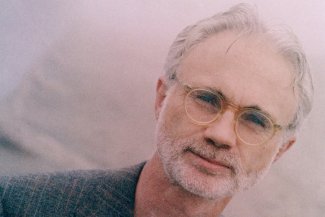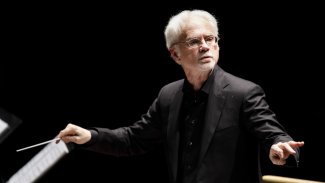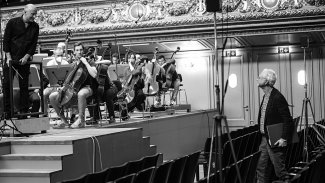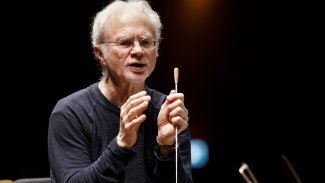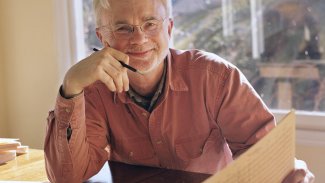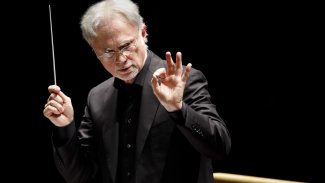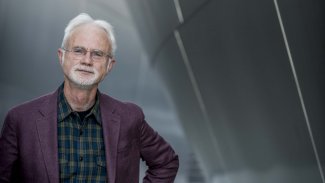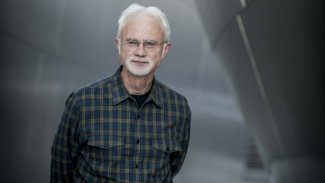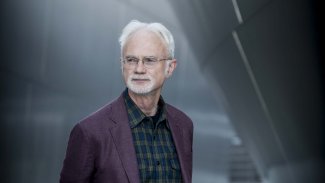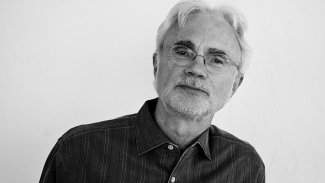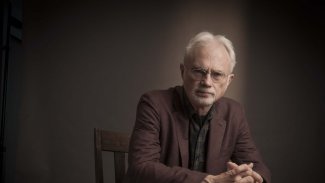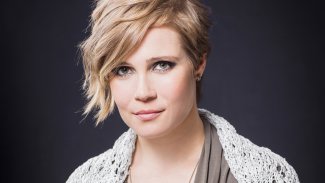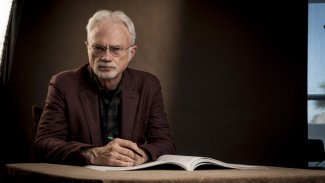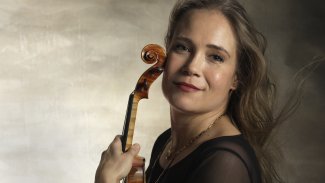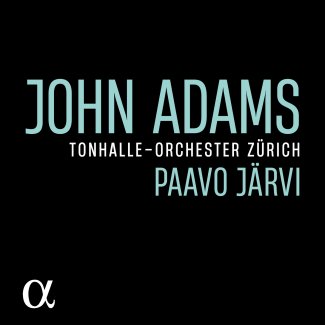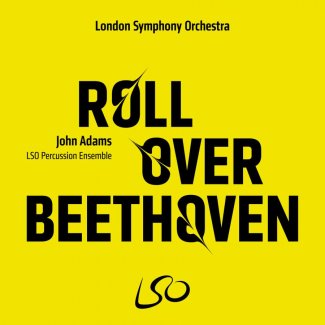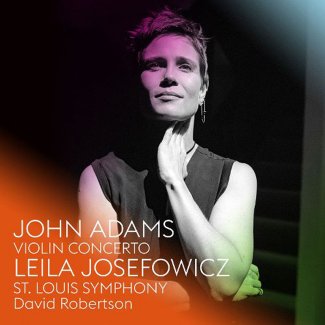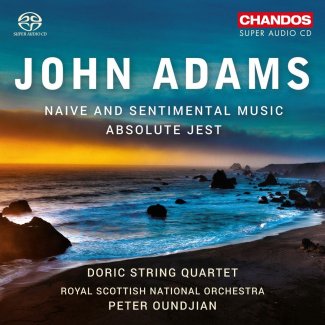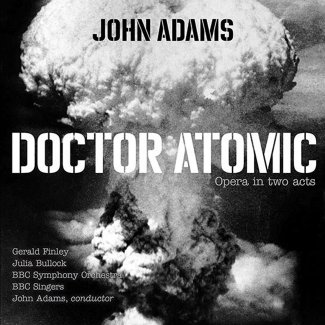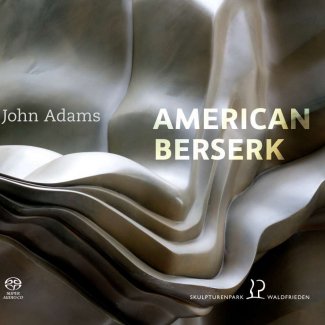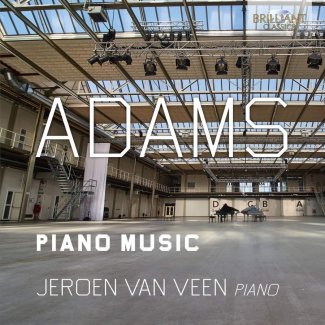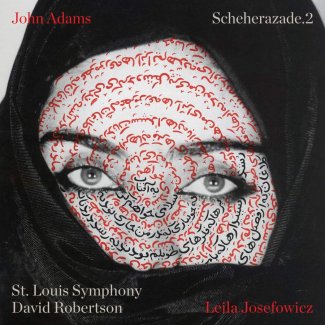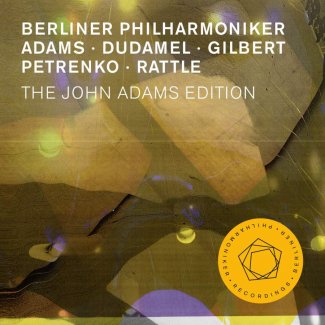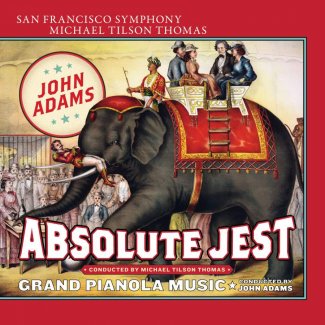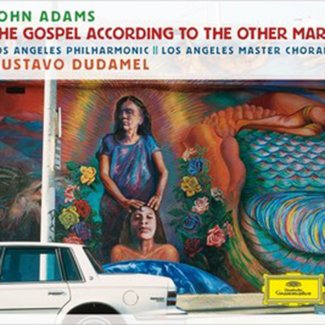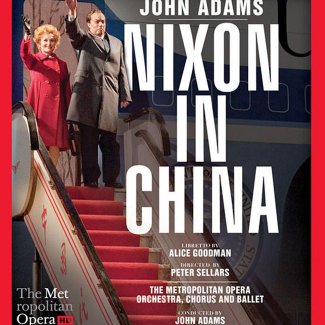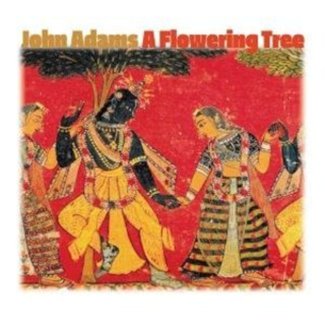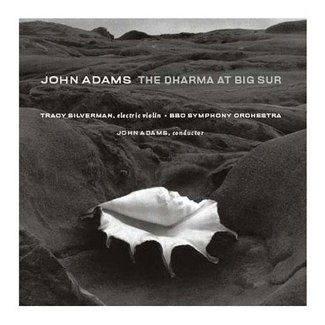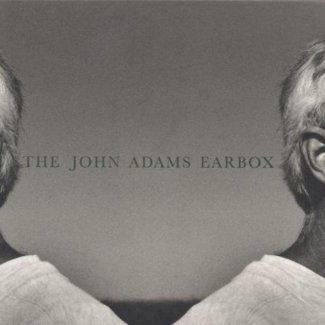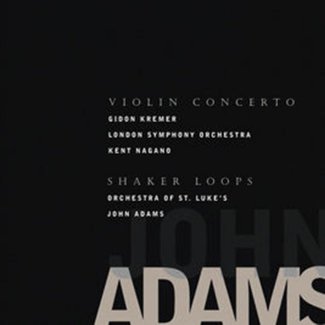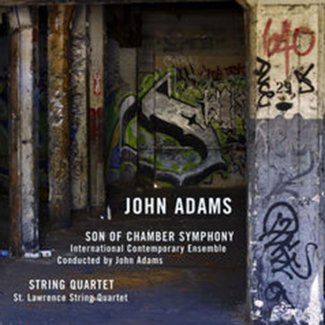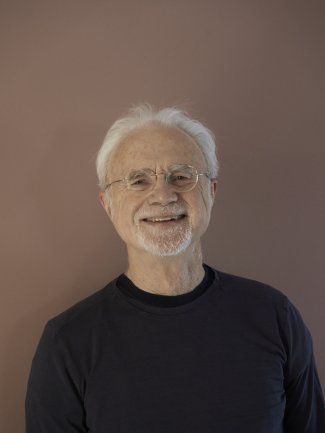
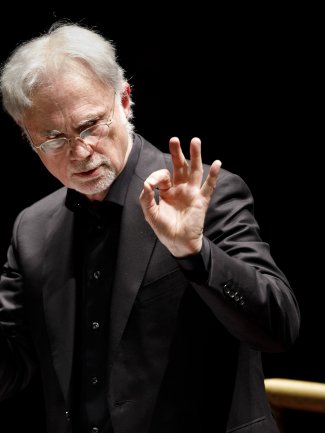
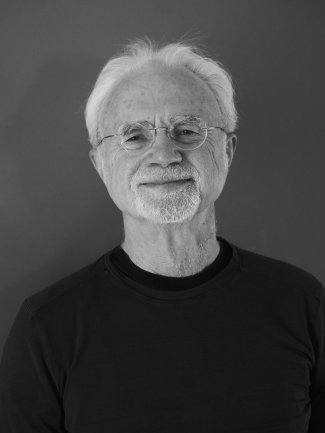
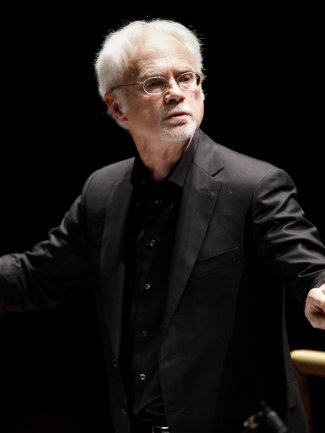
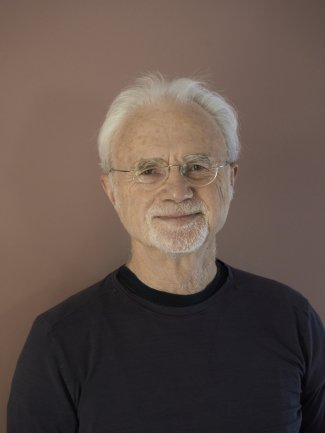
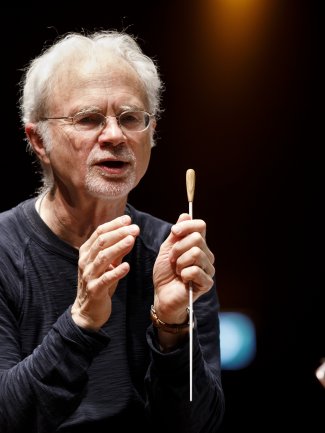
John Adams
“If American music has a living epitome, it is John Adams”
(The Sunday Times)
Creative Chair: Los Angeles Philharmonic
Composer, conductor, and creative thinker – John Adams occupies a unique position in the world of music. His works stand out among contemporary classical compositions for their depth of expression, brilliance of sound, and the profoundly humanist nature of their themes. His operas and oratorios such as Nixon in China, Doctor Atomic and El Niño have transformed the genre of contemporary music theatre. Spanning nearly four decades, works such as Harmonielehre, Shaker Loops, The Dharma at Big Sur and his Violin Concerto are among the most performed of all contemporary classical music.
As a conductor Adams has led the world’s major orchestras, programming his own works with a wide variety of repertoire ranging from Beethoven, Mozart and Debussy to Sibelius, Ives, Carter, Glass and Ellington. Among his honorary doctorates are those from Yale, Harvard, Northwestern and Cambridge universities and from The Juilliard School. A provocative writer, he is author of the highly acclaimed autobiography Hallelujah Junction and is a frequent contributor to The New York Times Book Review. Since 2009 Adams has been Creative Chair of Los Angeles Philharmonic.
Show More
Born and raised in New England, Adams learned the clarinet from his father and played in marching bands and community orchestras during his formative years. He began composing age ten and his first orchestral pieces were performed while he was still a teenager. After graduation from Harvard University he relocated to California where he has lived ever since. In 2019 he was the recipient of both Spain’s BBVA ‘Frontiers of Knowledge’ award and Holland’s Erasmus Prize “for notable contributions to European culture, society and social science”, and in 2021 he was appointed ‘Honorary Academician’ by the General Assembly of the Academicians of Santa Cecilia. He received the 2021 Ditson Conductor’s Award from Columbia University in recognition for his “exceptional commitment to American composers.”
Conducting engagements in 2025/26 include return visits to the Los Angeles Philharmonic and Houston Symphony, appearing at both with frequent collaborator Víkingur Ólafsson, The Cleveland Orchestra, and New World Symphony. Further afield, he also makes returns to the Gothenburg Symphony, Sinfonia Lahti, Accademia Nazionale di Santa Cecilia, and Tokyo Metropolitan Symphony, Orquesta Sinfónica di Mineria in Mexico City as well as conducting multiple concerts with The Halle Orchestra across a three-day festival of Adams’ music.
Recent conducting appearances include The Cleveland Orchestra, New York Philharmonic, Munich Philharmonic, Rotterdam Philharmonic, The Metropolitan Opera for the American premiere of his most recent opera Antony and Cleopatra.As a five-time GRAMMY winner, Adams’s Nonesuch recording of his opera Girls of the Golden West in which he conducts the Los Angeles Philharmonic received a 2024 GRAMMY nomination, his fourteenth, for “Best Opera recording.”
In salute of Adams’s 75th anniversary in 2022, Nonesuch Records released the 40-disc John Adams Collected Works, a box set of recordings spanning more than four decades of the composer’s career with the label. Also available as a box set is the Berliner Philharmoniker’s ‘John Adams Edition’, a CD and DVD collection comprising seven of his works, conducted by Rattle, Dudamel, Petrenko, Gilbert and Adams.
The official John Adams website is www.earbox.com.
Contacts
Jane Brown Senior Director, Co-Head of Artist Management
worldwide general management
Gallery
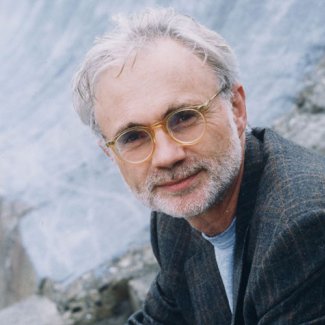
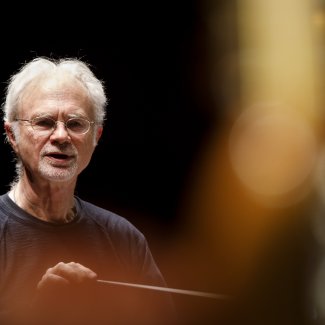
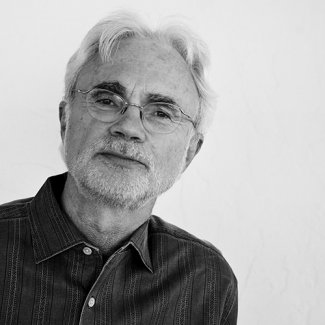
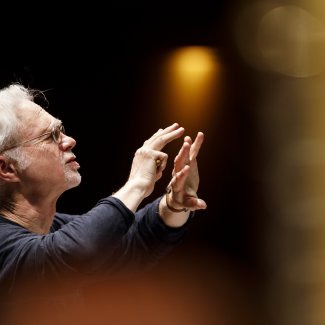
Season Highlights
The Metropolitan Opera
Show more about The Metropolitan Opera
JOHN ADAMS: Antony & Cleopatra
Orquesta Sinfonica de Mineria
Show more about Orquesta Sinfonica de Mineria
JOHN ADAMS: Concerto for Violin
“Out of a work [Copland’s Appalachian Spring] that never fails to stir, Adams managed to draw fresh reserves of emotion and vitality. In his hands, the characters sprang to sparkling life, as if performed by dancers, and the slower scenes, taken at wonderfully spacious tempos, radiated uncommon tenderness and warmth.”
“[Doctor Atomic] Superbly recorded, the BBC Singers and Symphony Orchestra pull total focus under Adams; ever more experienced baton […] This is compelling account on every level.”
“You couldn’t fault the performance. Adams’s conducting, second to none in his own music, had tremendous conviction and unique authority, with every facet of the score’s terrible beauty laid bare.”
“John Adams’s discursive 2014 violin concerto Scheherazade.2 sounded fierce and bright, its multiple twists and turns precisely tailored to the sound and style of the violinist, Leila Josefowicz.”
“Adams conducted the Royal Concertgebouw Orchestra in his own compositions, immediately enthralling the 400 pairs of unaccustomed ears with Two Fanfares for Orchestra, one of which being Short Ride in a Fast Machine. Brief but effective, the pulse unwavering – not every composer is a conductor, but Adams does know a thing or two about wielding a baton. The razor-sharp brass tore along every corner of the hall. … Adams wouldn’t be Adams had he not overwhelmed in the symphonic interludes as a master of suspense.”
“The orchestra glows under Adams’s baton from the enigmatic arpeggios of Act 1 (“The people are the heroes”) to the brittle snap of the brindisi (drinking song) and Act II ballet and the boozy gloss of saxophone and cocktail piano in Act III.”
“This skeletally staged concert performance, played to a packed and rapturous hall, had the added frisson of being conducted by the composer himself, in the presence of the librettist, now an Anglican parson. Adams takes a mellow view of his own music, emphasising its instrumental colours rather than pressing on its motor force, and the BBC Symphony Orchestra obliged him with some superlative playing.”
